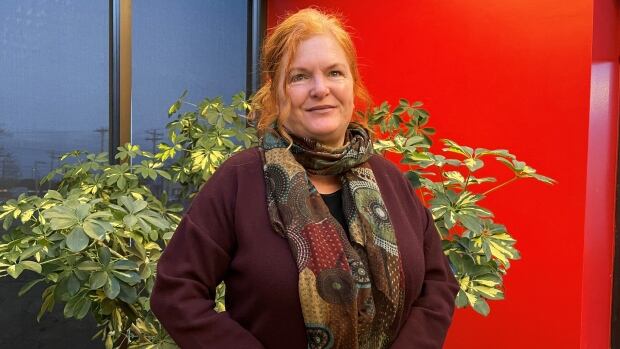
Community Outreach Centre has 'exciting and busy weekend' in new Charlottetown location
CBC
The director of the Adventure Group, operators of the Community Outreach Centre, is looking to leave the controversies of the past behind at the centre's new location off Riverside Drive in Charlottetown.
"It was an exciting and busy weekend of transition and change," Adventure Group director Roxanne Carter-Thompson told CBC's Island Morning in an interview Tuesday.
On Saturday, the centre that offers support services to Prince Edward Islanders experiencing homelessness, unemployment and/or addiction issues was moved from the old Charlottetown Curling Club on Euston Street to a purpose-built facility made up of mobile trailers on Park Street.
Carter-Thompson said the Euston Street location was never meant to be permanent: "It was a curling club. It wasn't set up to be a space for the needs that our clients have."
Not only that, but security problems led to trouble in the neighbourhood. People living nearby complained about discarded intravenous needles, flagrant drug use, loitering, and threatening behaviour.
The design of the Euston Street location made it impossible to properly secure the space, and it ended up attracting people looking to prey on clients of the centre, given that many were known to have addiction issues.
Two years of experience running the centre, along with consultations with operators of similar centres across the country, went into the design of the new facility, said Carter-Thompson.
The first visible change is that the property is fenced off to reduce loitering and discourage outsiders' direct contact with clients.
In addition, as they enter the facility, clients will be triaged in a separate building to determine the kind of services they require. There they will find lockers to put away their belongings, and go through a security screening.
"It is such a relief to be able to have the triage and security building, because it was so hard to determine who was coming [onto] the property," said Carter-Thompson.
Cameras in all areas of the building will improve safety for everyone, she said.
The real work happens in the second building. There is a classroom, a multi-purpose room, and spaces for clients to have private conversations with centre staff. The building also includes temporary office space where partner agencies can set up to offer services to clients.
The design is based on input from the centre's own staff and the experience of similar centres elsewhere in Canada, but the clients themselves also had a voice.
"For some, they said there is no quiet space, and there are individuals who stopped coming to the centre because there was no quiet space. So that was really important," said Carter-Thompson.

 Run 3 Space | Play Space Running Game
Run 3 Space | Play Space Running Game Traffic Jam 3D | Online Racing Game
Traffic Jam 3D | Online Racing Game Duck Hunt | Play Old Classic Game
Duck Hunt | Play Old Classic Game